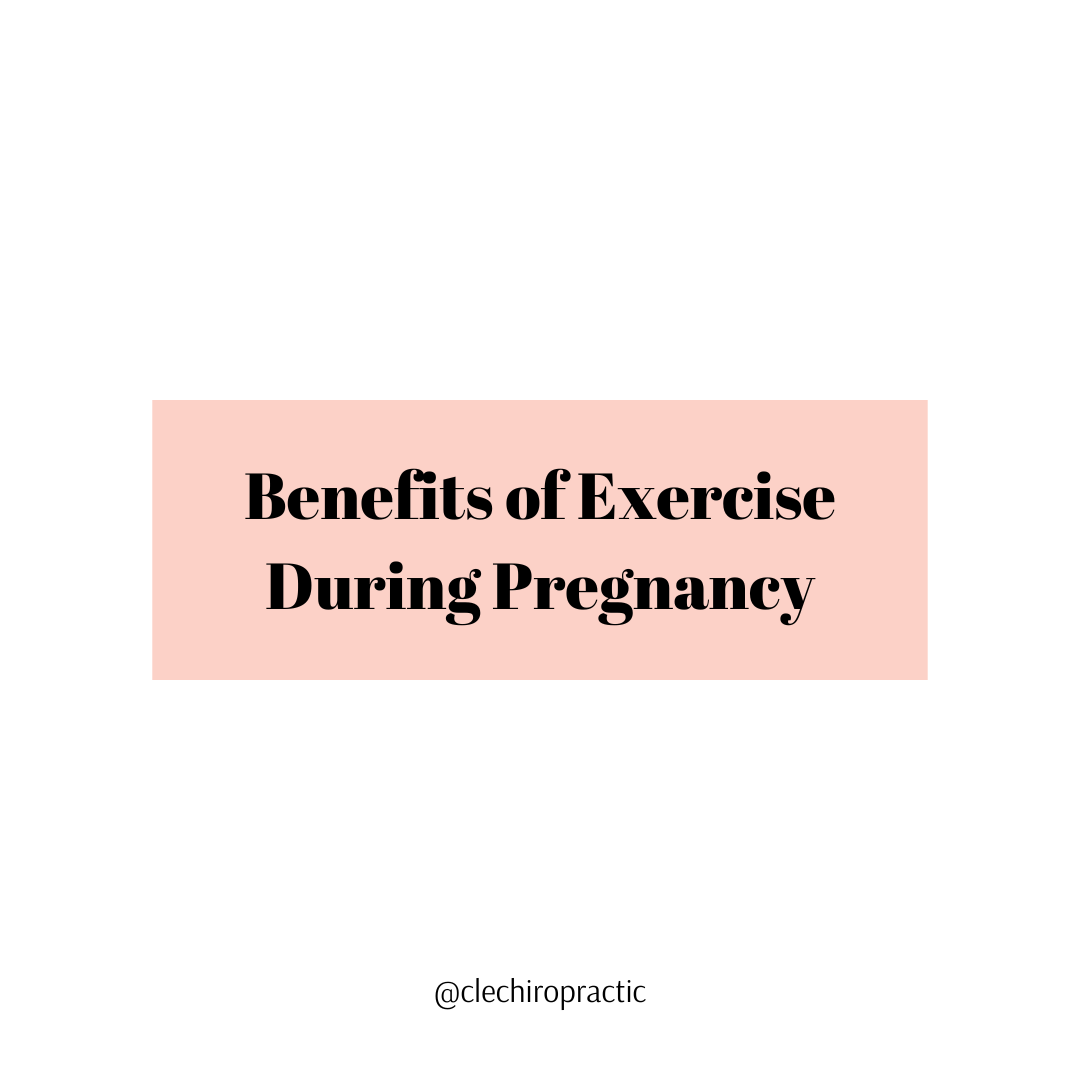If you are reading this, I’m sorry. You were brought here for a reason. Looking for more answers, looking for hope, maybe looking to “do everything you can do”. This may be your first round of IVF or this may be your last round. Every couple or person undergoing IVF does it for a different reason. You (and your partner) may have been diagnosed with unexplained infertility or an ovarian disorder, you may be working with a sperm or egg donor, you may have a genetic disorder and are planning to test your embryos. Whatever brought you here, I want to thank you for being here and considering alternative medicine. This journey is not easy and IVF is not easy. I want to remember that you are strong. I hope this blog can provide information on acupuncture and Chinese medicine methodology so that you can have a better understanding on what to expect during acupuncture treatments and can decide if acupuncture is something you would like to incorporate into your treatment plan.
How can acupuncture help?
Acupuncture is beneficial before and after both an egg retrieval and embryo transfer. It can improve overall fertility, regulate hormones, and normalize the menstrual cycle.
· Acupuncture can help improve blood flow to the pelvis and reproductive organs.
· Undergoing fertility treatments is stressful: from the appointments, to the medications, to the constant fluctuations of emotions, and the financial burden, acupuncture can help your body respond to stress. It helps your muscles relax, it slows your breathing, and it calms the mind. Sometimes during treatments, some people are so relaxed they fall asleep.
· Acupuncture improves the changes of having a baby: we are looking at more than just getting you pregnant. We want you to bring a baby home. Acupuncture doesn’t stop after the embryo transfer.
What does an initial acupuncture appointment for preconception look like?
An initial acupuncture appointment for preconception will typically last about 1.5-2 hours. Your practitioner will want an in depth understanding of your medical history and fertility journey. Your provider will use visual inspection, feel your pulse, and look at your tongue in their assessment. A Chinese medicine diagnosis will be given based on your history and examination. The acupuncture needles may be placed in your arms, legs, head and face, abdomen, back, and even your ears depending on your Chinese medicine diagnosis.
What do follow up treatments look like?
Expect your entire appointment to last about 1 hour. Your acupuncturist will likely ask about any symptoms you are experiencing, check your pulse and tongue while they perform a visual assessment, and then he or she will insert the needles! The needles are retained about 30 minutes and then your practitioner will remove them and discuss any of your concerns. No two women are the same. Even when working with two women, both diagnosed with diminished ovarian reserve from a Western Medicine doctor, their acupuncture treatments may look very different. When supporting women using the Chinese medicine methodology, many providers will give women dietary recommendations, lifestyle recommendations, and supplementation as this takes a whole systems approach.
What will my fertility doctor (or reproductive endocrinologist) say about this?
Honestly, it depends on the provider. I have had some patients have their RE say they are “wasting their money”, but can “do what they want” and I have seen other RE’s strongly encourage their patients to do acupuncture. Some fertility clinics have an acupuncturist on site that patients work directly with. Over the last few years, however, I have been noticing more and more RE’s suggest acupuncture and other types of alternative medicine for their patients.
Quick Details:
· Dr. Candace prefers acupuncture weekly leading up to IUI or IVF.
· She recommends acupuncture before and after IUI or IVF.
· Dr. Candace recommends continuing acupuncture throughout the first trimester.
Stay turned for Part 2: Acupuncture to support early pregnancy.
Candace Gesicki is a Doctor of Chiropractic and Diplomate of the American Board of Chiropractic Acupuncture. She has been supporting women . She is offering free 15 minute phone consultations for those wondering how acupuncture can support them on their fertility journey. Email Dr. Candace directly to schedule a phone consult or schedule your initial appointment online.





